The wolf spider bite could be one of the most misunderstood bites coming from a spider. It is widely believed that a wolf spider’s bite is highly dangerous and even fatal to humans. This misconception could be attributed to the wolf spider’s appearance and behavior. The wolf spider is quite large, reaching as big as 3.5 centimeters in body length. Its huge body is covered with hairs and it has big fangs. Aside from this, the spider is quite agile and fast. These make it appear as if it is aggressive and ready to attack. However, the bite of a wolf spider is not as toxic as many believe. Its bite is actually not considered to be medically significant unless you have an allergic reaction to the sting. The effect of a wolf spider bite is therefore dependent on the individual’s immune system and how it reacts to the bite.
About the Wolf Spider
The wolf spider comes from the Lycosidae family. It is relatively huge, growing to more than an inch in size. It has a hairy body that typically comes in shades of brown, gray, black or a pattern of these colors. Wolf spiders are so named because they hunt their prey instead of weaving webs to trap them. Like wolves, they track and chase them and when the time is right, the spiders assault and kill their food. The wolf spider’s big size as well as the huge fangs is attributed to the fact that it doesn’t have the web to rely upon to catch their food. It depends entirely on its own strength to physically restrain its prey so it can inject its venom through its fangs.
Many falsely believe that the wolf spider is the hostile and aggressive kind. It is true that this spider from the Lycosidae family is very quick and agile and behaves as if it is attacking when it encounters a human. But this is not so, what is perceived as an attack is actually the spider’s attempt to escape so it moves quickly in various directions to find a way out. The only chance that a wolf spider could bite a human is when it comes in direct contact with one, such as when it is held. This is more of an act of self defense than an attack.
Signs and Symptoms of a Wolf Spider Bite
A wolf spider bite is much like any of the other spider bites or bee stings. It is not really dangerous unless your immunity is compromised or if your immune system reacts abnormally to the spider venom, like in the case of an allergy. Majority of the population, thus, experience no significant reaction at all to a wolf spider bite. Others, on the other hand may suffer from unpleasant effects.
The site bitten by a wolf spider may develop redness, mild itchiness, inflammation and pain. In worse cases, the bite could inflict severe pain. The swelling and painful sensation could continue for several days. Inflammation of the lymph nodes could develop as well. In general, the bite site would look worse than it actually feels. This is due to the large size of the fangs that puncture and cause scary-looking tear on the skin.
Some individuals could develop severe allergic reaction to the bite. Aside from the itchy feeling and pain on the bitten site, rapid pulse, queasiness and lightheadedness could likewise ensue. In the past, the bite from a wolf spider was blamed for exceptional cases of necrosis, or death of tissues surrounding the bitten site. However, investigations and numerous studies have proven that this is not the case.
Treatment of a Wolf Spider Bite
As with most spider bites, cleaning the bitten area with soap and water, as well as applying antiseptic will reduce the chances of infection. Since a wolf spider could give painful bites, it would help to take pain relievers. Home remedies such as application of cold compress or ice pack can alleviate inflammation and discomfort. Restricting movement and elevating the affected area will aid in the reduction of the inflammation. Furthermore, anti-inflammatory medications and antibiotics may also be prescribed to ease swelling and fight off infection, respectively.
For atypical cases when the victim suffers from a severe allergic reaction or anaphylaxis from the spider bite, antihistamines have to be administered. Appropriate medical attention should be given promptly to prevent the situation from worsening.
Prevention against a Wolf Spider Bite
The best way to prevent getting bitten by a wolf spider is to get rid of the spider itself. Since these spiders thrive in dark terrestrial habitats, it would be good to keep the house and surroundings clear of debris and clutter. Keeping thick and heavy vegetation away from the house is also good as plants on the ground are good hiding spots of these spiders. Make sure to shake and inspect clothing and things that have been kept for quite some time before using them.
Although a wolf spider bite is not lethal, it is still best to prevent getting it since it could still cause undue discomfort and worry.
What does a wolf spider bite look like – pictures
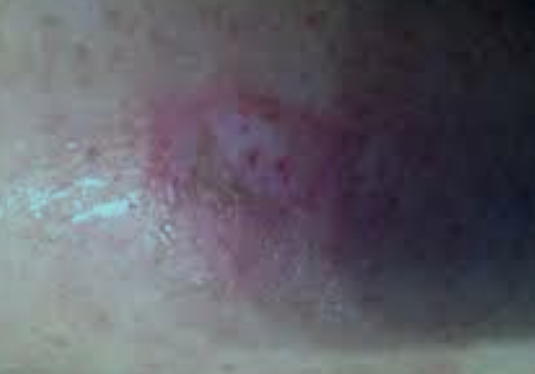
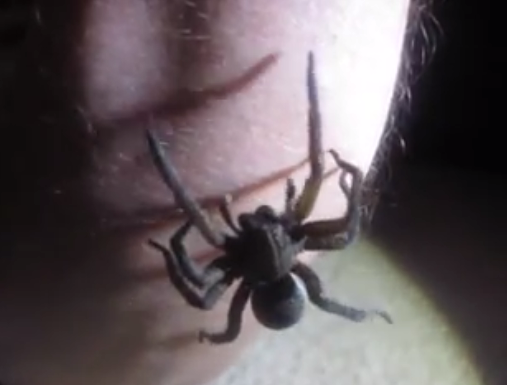
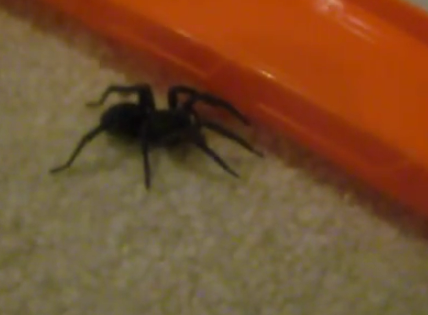
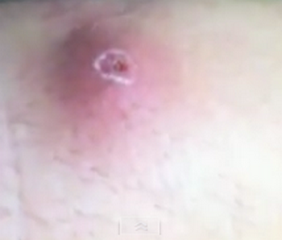

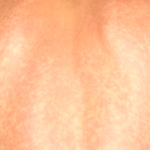
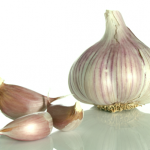
I must be the black sheep. Whilst most of wat is written here is true, heres wats false: a week after being bitten necrosis did set in.. after antibiotics and a doctor cleaning the bite site (which hurt like hell) it started healing. After the antis ran out, it started necrosing again, then i got stronger antibiotics which helped, with me using dettol and rubbing alcohol and the bite.. its now healed (4 months after the bite, has been for the last 2 months) BUT, i cant get rid off the 6 or so small pimple looking hive things that surround the bite.
Did you get a nasty taste of soapy water in your mouth?
Whilst at the time i didnt see wat bit me…. im now sure it was a wolf… because in last 4 months since being bitten, ive had to remove 4 wolfs from my appartment… and they are the ONLY spiders ive ever seen in here. And ive seen them outside. Theyre everywhere around my complex. I live in perth australia, 200 metres from a lake.